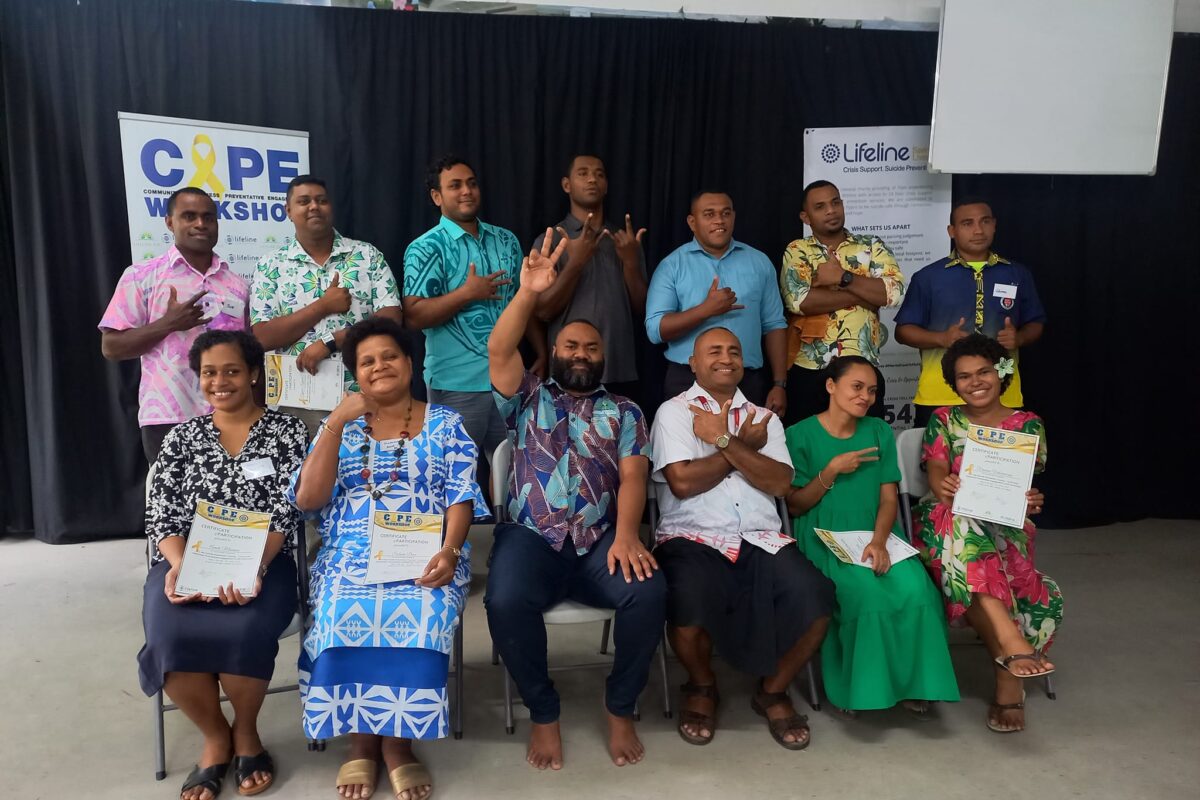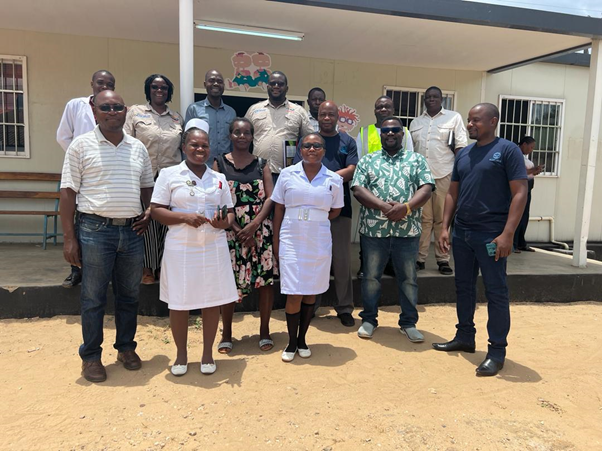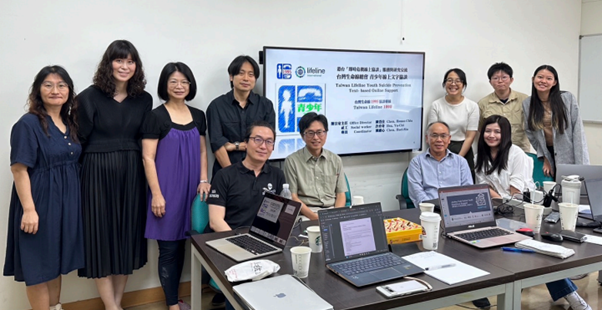Empowering Communities: LifeLine International’s Suicide Prevention Grants
In the second year of Lifeline International’s Suicide Prevention Grants – available only to our Members through a formal application process – 15 service provision organisations spanning across multiple countries were awarded vital funding to bolster local suicide prevention initiatives. These grants represent LifeLine International’s commitment to enhancing mental health support globally, enabling our Members to accelerate and enhance service delivery, expand service availability, address stigma and promote awareness and ultimately support people experiencing crisis and distress.
The Importance of Localised Support
By directly funding service delivery expenses such as training and technology, or supporting outreach and stigma reduction programs, LifeLine International empowers its Members across diverse cultural and geographical contexts to effectively address community-specific mental health challenges, locally. Moreover, LifeLine International facilitates knowledge-sharing and collaboration among Members worldwide, fostering a supportive network where common challenges can be discussed and addressed together.
Looking Ahead
As we reflect on our Members’ achievements at the mid-way point of their grant projects, LifeLine International is proud to see the commitment from Members’ staff, volunteers and supporters of their organisations, knowing all are dedicated to providing crisis support to help-seekers in need.
The success stories from Taiwan, Fiji, Zimbabwe, Malaysia and Zambia underscore the transformative impact of targeted funding and community-focused initiatives.
Together with our Members, we will continue to advocate for crisis-support helplines to be globally recognised as an essential service for psychosocial support.
Take a closer look at the progress to date of some of the impactful programs supported by these grants.
“CAPE Workshops Initiative” by LifeLine Fiji
LifeLine Fiji’s CAPE (C-community, A-awareness, P- preventative measures and E-engagement with stakeholders) Workshops initiative, aims to address rising rates of suicide across the country. Recent data from LifeLine Fiji’s helpline highlights factors such as job loss, grief, family conflicts, and pandemic-related pressures as contributing to mental health crisis.
This project unfolds in three crucial stages, including scoping across four divisions in Fiji to engage stakeholders and identify key issues, conducting workshops in both rural and urban communities, where participants learn about mental health issues, suicide prevention, intervention skills, coping strategies, and self-care and then monitoring and evaluation through focus group discussions and interviews to assess the project’s impact.
Highlights from the initiative so far include; the successful completion of scoping, delivering three out of six planned workshops where participants learned to recognise signs of distress, enhancing their ability to intervene and support others, and the creation of a supportive social media group for ongoing participant connection and support.
“Suicide Prevention in Zambia Initiative” by LifeLine/ChildLine Zambia
LifeLine Zambia’s (LLZ) program focuses on improving support-seeking behaviours and combatting stigma through community campaigns.
LLZ has trained Community Based Volunteers and healthcare workers across Zambia’s Eastern and Southern provinces. This training equips them with essential skills to handle mental health crises and support those who have attempted to end their lives.
The project has also strengthened referral networks with local agencies, ensuring swift responses to cases and responded to numerous calls to their helpline from target areas, after their efforts to bolster community engagement and promote help-seeking behaviours.
“LifeLine Taiwan’s “Youth Suicide Prevention Project“
LifeLine Taiwan’s Youth Suicide Prevention Text-based Online Support aims to encourage young individuals to seek help for mental health issues through online platforms and text communication. To ensure the delivery of high-quality and efficient suicide prevention and intervention services during the high-risk period from 6:00 PM to 1:00 AM, this program focuses on recruiting and training personnel with professional backgrounds in psychology or social work, as well as experienced volunteers, to serve as online supervisors.
The primary responsibilities of these supervisors include assisting in crisis management, maintaining service quality, and providing online support during emergencies when the on-duty volunteers are engaged in consultations. In instances where there are no volunteers on duty, the supervisors will step in to maintain the continuity of text-based consultation service.


